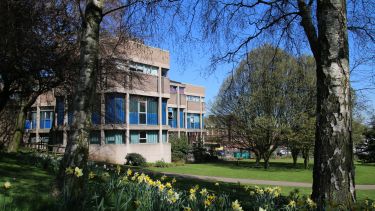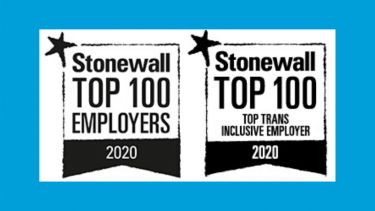Working for equality, diversity and inclusion
Staff and students in the Department of Geography are committed to equality, diversity and inclusion.

As a department we have agreed a set of equality, diversity and inclusion (EDI) Principles, to guide our teaching, research and other work. These are designed to ensure that we become a more equal, diverse and inclusive place to study and work. We have begun by recognising ways in which we need to do more to create an equal, diverse and inclusive environment. We are implementing these principles in our work and relationships within the department. Here are some examples of how we are doing this.
We are working to improve the diversity of our teaching, for example by:
- Actively seeking to employ teaching staff from diverse groups.
- Offering tailored mentoring or peer support to students from specific diverse groups.
- Considering the needs of students with disabilities in the teaching resources we provide and how we deliver our teaching, both online and face-to-face.
We are working towards greater equality, diversity and inclusion in our research, for example by:
- Ensuring job recruitment processes are non-exclusionary and encouraging for diverse applicants.
- Ensuring diversity in departmental research seminars and at panels we organise at conferences.
- Welcoming diverse groups by making workplace alterations and adjustments, ranging from flexible hours for working parents to increasing the accessibility of workspaces for people with disabilities, and provision of a quiet prayer space.
- Informing public understandings of equality, diversity and inclusion through our research, such as recent projects on prejudice and discrimination, and on constructions of sexual and religious difference.
All staff and students are involved in our work towards greater equality, diversity and inclusion:
- We ensure that all staff are familiar with our EDI Principles by embedding them into our departmental meetings and working practices, and by providing training events to explain them and raise awareness.
- Every member of staff identifies an EDI objective as part of their annual SRDS appraisal.
- We regularly review progress against departmental EDI objectives are collated so that we know where it is making progress and where we need to focus ongoing efforts.
- We are working more widely with the University to advance EDI. For example, the University is a Stonewall Top 100 Employer recognising our work to tackle discrimination and create an inclusive workplace for lesbian, gay, bi and trans employees.
- We also work with subject associations (for example the Royal Geographical Society with IBG and the Geographical Association) to advance EDI principles across the disciplines of geography and environmental science.

